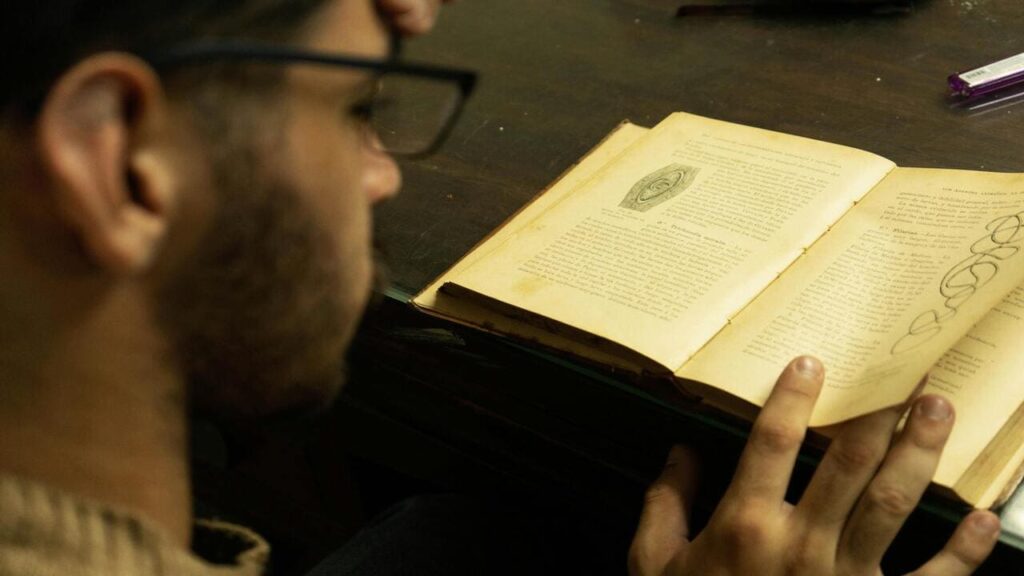| Brandenburg University of Technology Cottbus | 6 semesters |
| Germany | Full time |
| Bachelor of Science | Onsite |
If you would like to study a BSc in Environmental and Resource Management in Germany then you can do that at Brandenburg University of Technology.
The international study course in Environmental and Resource Management provides an integrated approach to addressing current global issues.
It aims to enhance the quality of professional environmental management for the 21st century.
The course acknowledges that environmental issues require expertise from various disciplines. It provides classes across different fields, covering technical subjects, natural sciences, sociology, and economics. Specific classes are tailored around these three main directions.

These classes cover current environmental issues. They include techniques for resource protection and concepts in environmental planning. Also, they discuss risk and impact assessment. Additionally, they address socio-economic implications.
Management skills and social competence are very important. At the same time essential as technical and scientific knowledge.
The three programs can be studied either consecutively or independently. The Bachelor’s program provides a broad approach, establishing a strong foundation. In contrast, the Master’s program offers flexibility for focusing on specific interests and adjusts to the student’s academic background.
During this phase, students need to select a major field of study for their Master’s thesis. In the Ph.D. program, participants must specialize, conducting individual research for their scientific Ph.D. thesis within the broad field of Environmental and Resource Management.
Ph.D. candidates join an international and interdisciplinary group alongside fellow Ph.D. students and scientists.
Possibility of finding part-time employment
There are job opportunities both in town and on campus. Nevertheless, please do not come to Germany expecting to be able to finance your entire studies by working. The study load is high, and it is not always easy to find a part-time job.
Students from non-European countries can work either 120 full days or 240 half days every year. This rule remains the same even if they have mandatory internships or student assistant jobs at the university. Students from EU member countries, the European Economic Area (EEA) and Switzerland can work without restrictions during their studies in Germany.
Accommodation
BTU Cottbus-Senftenberg is a university with three locations where numerous student dormitories are provided. Students can choose between different room types.
In Germany, it is also very common for students to live alone or with friends. In German, when three or more people share an apartment together, it’s called a “WG,” short for “Wohngemeinschaft,” which means a shared flat.
The course is organized into modules. These are interdisciplinary units of related classes. Modules provide an atmosphere of orientation for the students and lead to large-scale synergistic effects within the study course, and beyond. Each module consists of lectures, seminars, and practical units.
In addition, BSc students will have to study one semester abroad. Four days of scientific excursions are mandatory. The program also requires completion of a thesis. Students are expected to manage their studies primarily independently.
Environment and Energy
For the Bachelor’s program: Higher education entrance qualification (e.g., secondary school leaving certificate, high school diploma, A-levels, Abitur, etc.)
English
Free of Cost
Bachelor's
A certificate of proficiency in English must be provided. Accepted tests and minimum scores include:
- TOEFL 79 (Internet-based)
- Cambridge Certificate (Advanced or Proficiency, min. grade B)
- IELTS (min. 6.0)
Exempted from this regulation are only students from: Australia, Canada, Ireland, New Zealand, United Kingdom (including Northern Ireland), United States of America, or students who completed a secondary level degree in English in one of the above-mentioned countries.
Located on three campuses and with more than 70 study programs, BTU Cottbus-Senftenberg offers a broad spectrum of market-oriented programs as well as traditional degree programs.
From the natural sciences and engineering to economics, cultural studies, and even health sciences, BTU offers a wide range of courses. Our 13 study programs taught exclusively in English are very popular among both German and international students from all over the world.
BTU is partnered with over 160 universities throughout the world, which provides students with a multitude of excellent opportunities to spend part of their time studying or conducting research abroad. Furthermore, in cooperation with our international partner universities, BTU offers a wide range of double-degree and joint-degree programs.
Applicants with foreign higher education entrance qualification: 15 July for the following winter semester
